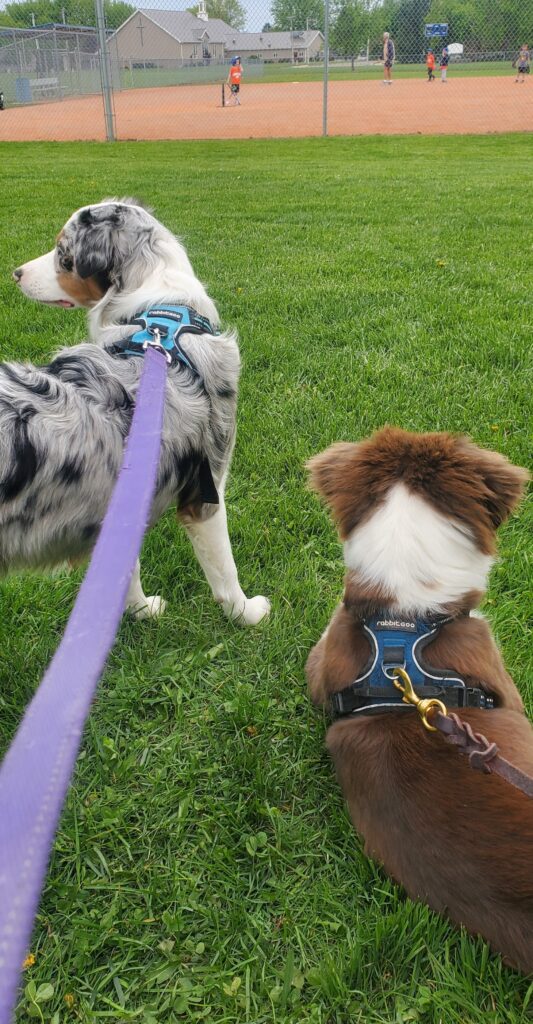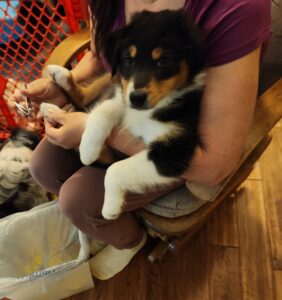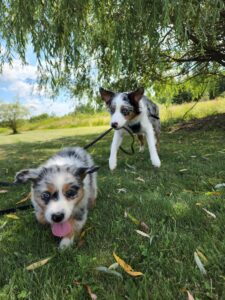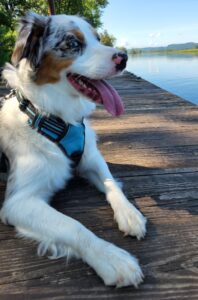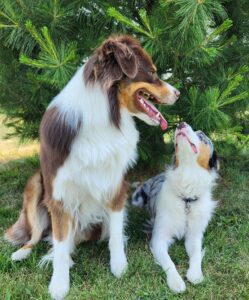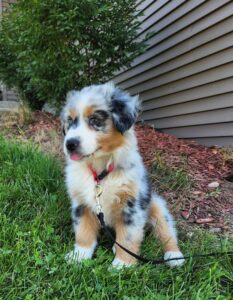The Importance of Puppy Socialization
Many owners have a significant fear of diseases like parvovirus and, as a result, avoid socializing their puppies during this critical period. It’s important to remember that full vaccination for puppies isn’t completed until they reach 16 weeks of age. The ages between 3 to 16 weeks are the most crucial for socialization.
Understanding Vaccination Timelines
A study featured in the Journal of the American Animal Hospital Association should put our minds at ease. Researchers collected data from twenty-one veterinary clinics in four cities located in the U.S. The data encompassed details such as age, breed, sex, vaccination status, canine parvovirus diagnosis, and attendance in socialization classes before 16 weeks of age.
Research Insights: Parvovirus and Puppy Socialization
Twenty-four trainers operating in the same cities also gathered this data for puppies participating in their classes. All of these puppies had received at least one parvovirus vaccination. The data submitted for 279 puppies who attended these socialization classes did not indicate a single occurrence of parvovirus diagnosis. This research implies that puppies who have received at least one parvovirus vaccine are not at a higher risk of contracting parvovirus in these classes when compared to puppies who did not attend such classes.
Precautions Taken in Puppy Socialization Classes
The results of this study shouldn’t come as a significant surprise. Trainers usually require veterinary confirmation of a puppy’s enrollment in a vaccination program as a prerequisite for class participation. This requirement increases the likelihood that all the puppies in a class have undergone a veterinary examination and have been deemed healthy.
Transmission and Risk Factors
The process leading up to class attendance typically spans a much longer duration than the 3-10 day incubation period after purchase, during which parvovirus is most commonly diagnosed. Puppies who don’t exhibit symptoms of parvovirus after this initial 3-10 day period are likely, not infected.
Balancing Socialization Benefits and Risks
Parvovirus infection requires oral contact with feces or an area heavily contaminated with feces. In puppy classes, a swift response to fecal “accidents” is expected etiquette to prevent disease transmission. The transmission of parvovirus through saliva, fur of infected animals, or the clothing of the owner of infected dogs is unlikely. Greetings involving anal sniffing, which is the traditional way dogs exchange names, don’t present a significant risk of infection. In summary, the puppy class environment is not considered a “high risk” setting for contracting parvovirus.

